Creative partnerships drive Illinois College esports

Zach Heren ’20 is a two-sport varsity team member at IC. Not only is he a key member of the esports team, he is also an offensive lineman for Blueboys football. Heren says there are a lot of similarities between the sports. He says that both football and esports rely on teamwork and the ability to effectively communicate. As on the football field, the players on an esports team watch out for one another.
Esports combines teamwork, strategy and coordination — all of which take discipline and practice similar to other collegiate sports. Heren feels the biggest difference between football and esports is the mental game. He stated that while the mental game is important in both sports, it seems to be intensified in esports since you cannot see or hear the opponents. Strategy is the name of the game in esports and working in tandem with one another is absolutely essential.
“The team is there to support each other whole-heartedly. We each have our own skill set so we can come to one another for advice,” said Heren. “I also enjoyed learning from Coach Bragg and he seems to always have the answer to our questions.”
When Illinois College added its esports program two years ago, some dismissed the move as a novelty. However, with the esports fan base approaching 200 million people, many other colleges are following suit.
“We feel like we are at the cutting-edge of something special,” said Stephanie Chipman, vice president of external relations.
“IC launched a varsity esports team because of the educational benefits and because of the engagement of meeting students where they are. Since we formed a team a lot more colleges have followed our lead.”
In the past two years the esports team at IC went from ranking 72nd out of 85 teams in the north conference to being the eighth team out of 89. Two huge components to this success are the leadership of Justin Bragg, head coach of esports, as well as the state-of-the-art Meraki Gaming center with customized computers specifically created for gaming.
These facilities were possible because of two partnerships. The first, iBUYPOWER, helped with the initial set-up of the facility and computers. Next, Cisco Meraki contributed to the IC esports team by enabling the Meraki Gaming Center to have access to the fastest internet available, giving players the ability to respond more quickly and decreasing lag-time. Heren explained that having this increased response rate can make all the difference in such a fast-paced and detail- oriented game. He says lag time not only affects the ability to play offensively, but it also makes it much more difficult to protect against attacks.
Bragg says that the team is growing and attracting more interest from players across the country. Over the summer he hosted a group of students on campus for an intensive week-long camp hosted by Nike for advanced players, and Bragg hopes to expand camp options in the future. Thanks to the creative partnerships with iBUYPOWER and Cisco Meraki, current and future IC esports members have access to some of the best facilities in the field.
Bragg says that the team is growing and attracting more interest from players across the country.


